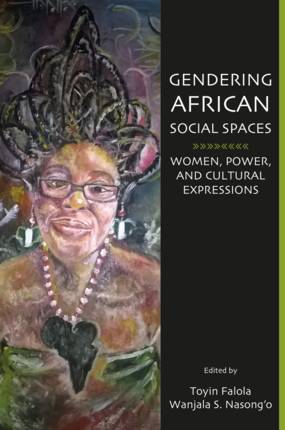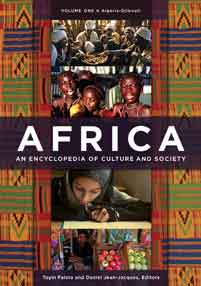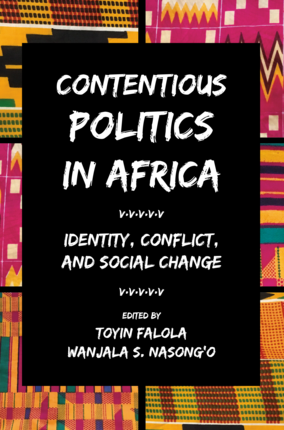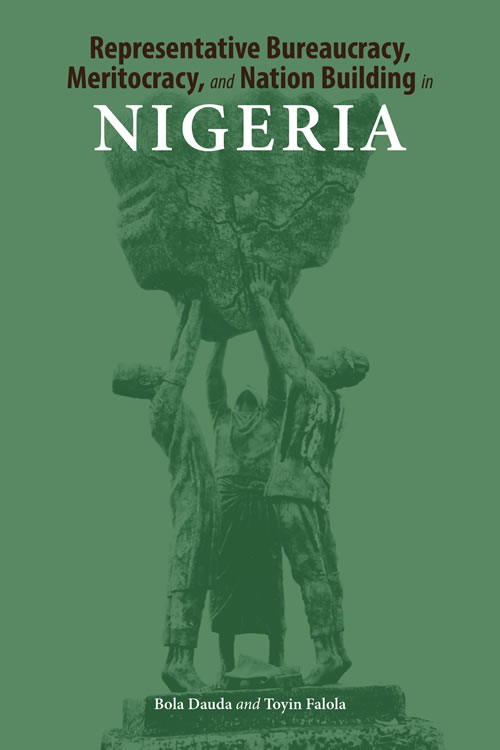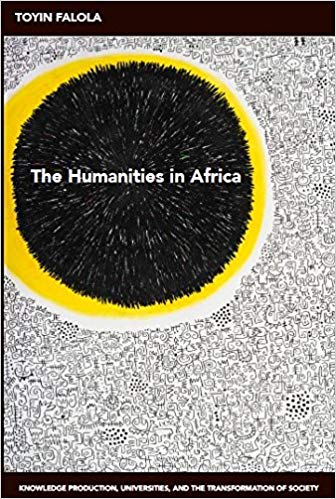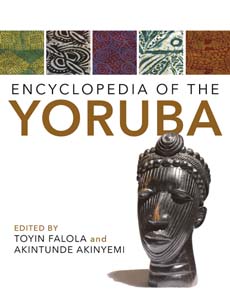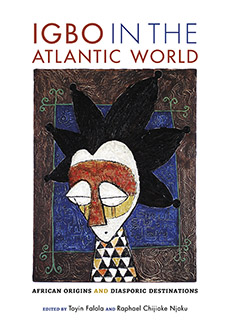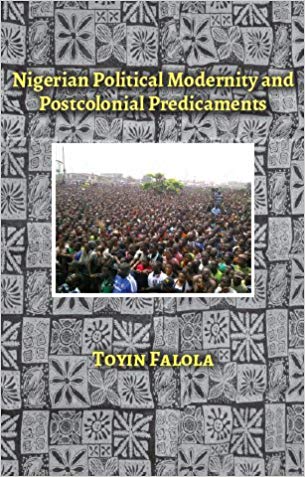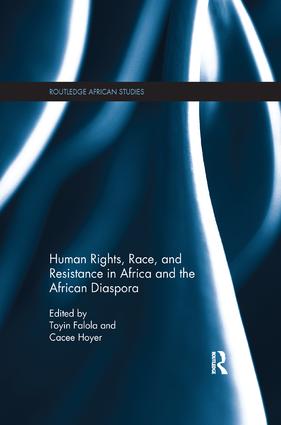Gendering African Social Spaces: Women, Power, and Cultural Expressions
Edited by Toyin Falola and Wanjala S. Nasong'o
This collection focuses on the role of gender in African social spaces. It is noteworthy that, at one time or another in the past, many societies were essentially patriarchal in nature. The dynamic of women’s empowerment is thus a pertinent issue in the contemporary world. In this book, gender empowerment and the notion of gendering social spaces are approached broadly. The social spaces addressed range from the political arena to socio-economic spheres and church leadership, as well as spaces for artistic expressions.
Accordingly, the editors have divided Gendering African Social Spaces into four parts. The first focuses on the issue of the politics of women’s empowerment with particular reference to activities in the political and policy-making spaces in Africa. Part Two deals with women’s marginalization, victimization, and violent abuse, along with the special treatment of women with both physical and mental disabilities. Part Three of the book takes on the issue of gender and artistic expressions with a view to assessing the contributions of women to creativity. Part Four rounds out the book with a focus on the role of women in church leadership, with particular focus on Pentecostal churches in Nigeria.
Redefining the African Diaspora: Expressive Cultures and Politics from Slavery to Independence
Edited by Toyin Falola and Danielle Porter Sanchez
From soukous to mournas, Bakongo high status caps to Dutch wax prints, and Arugba to Viva Riva, expressive culture takes a wide variety of forms on the continent of Africa. Perhaps more curiously, as we move into this increasingly transnational and global age, African cultures are beginning to permeate every corner of the world as individuals internalize and build complex understandings of Africa and Africans. As a result, dialogues on tradition and modernity in Africa and the African diaspora continue to emerge despite the fact that many within the academy profoundly assert the problematic nature of said terms.
This book will push understandings of membership and identities in Africa and the African diaspora forward though unique and insightful essays on Jamaican nationalism, investment in Africa and the African diaspora, Pan-Africanism and African freedom, the intersections of British colonialism and African spaces, the politics of Brazilian baianas, linguistic and cultural Africanisms in the Caribbean, identities in postcolonial francophone literature, and much more.
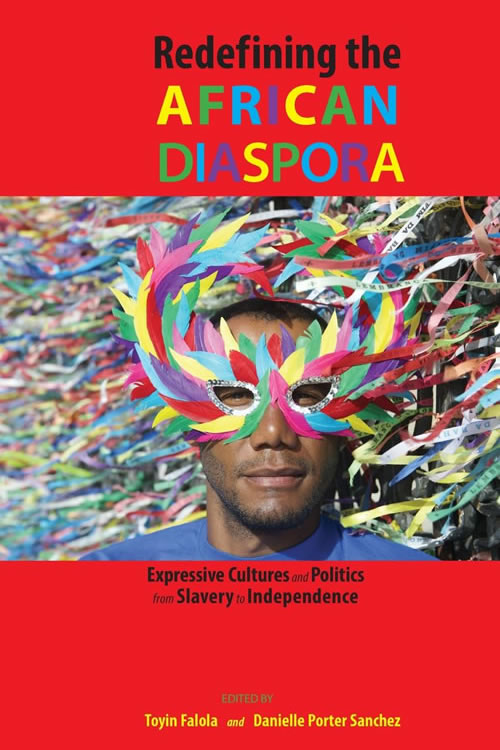
Africa: An Encyclopedia of Culture and Society
Edited by Toyin Falola and Daniel Jean-Jacques
Unparalleled in its coverage of contemporary customs in all of Africa, this multivolume set is perfect for both high school and public library shelves. The three-volume encyclopedia will provide readers with an overview of contemporary customs and life in North Africa and sub-Saharan Africa through discussions of key concepts and topics that touch everyday life among the nations' peoples.
While this encyclopedia places emphasis on the customs and cultural practices of each state, history, politics, and economics are also addressed. Because entries average 14,000 to 15,000 words each, contributors are able to expound more extensively on each country than in similar encyclopedic works with shorter entries. As a result, readers will gain a more complete understanding of what life is like in Africa's 54 nations and territories, and will be better able to draw cross-cultural comparisons based on their reading.
Contentious Politics in Africa: Identity, Conflict, And Social Change
Edited by Toyin Falola and Wanjala S. Nasong'o
Since the decolonization of the African continent that began in earnest in the late 1950s, the trajectory of the continent’s socioeconomic change and development has seen its fair share of contentious politics. Such contentions range from benign forms of electoral contestations and conflicts over the form and substance of democratic reform to spirited violence and outright war manifested in coups and counter-coups as well as the newly emergent specter of terrorism, particularly in the regions of West and East Africa. This volume grapples with this broad spectrum of the forces at play in the contentious dynamics of social change and development in Africa under the themes of violence, war, and political change; the dynamics of socioeconomic change and development; social movements and identity politics; and the politics of revolts and protests.
Representative Bureaucracy, Meritocracy, and Nation Building in Nigeria
Edited by Toyin Falola and Wanjala S. Nasong'o
This book is a comprehensive theoretical and empirical investigation of the practical application of representative bureaucracy in Nigeria. Part I consists of four chapters, beginning with a theoretical and an historical overview of representative bureaucracy and policy making in Nigeria. This includes a discussion of the myths, contradictions, and the resultant dilemmas of administration. It highlights the complexities and intricacies of public policy-making, and examines the concept of representative bureaucracy including its meaning, forms, criticisms, prospects, limitations, and history. It also examines the need for administrative reforms, what reforms have taken place, and the country’s search for appropriate bureaucracy for nation building.
Part II details the objective and empirical facts regarding the representativeness of bureaucracy in Nigeria and its implications. Unlike past approaches, this book provides solid evidence of what difference representative bureaucracy actually makes on the ground. Using a novel and rigorous methodological approach, the actual impact of the civil service on policy-making is assessed and insights are provided into how a more representative bureaucracy affects policy. The approach is enhanced by the authors’ advantage as Nigerian scholars who had both worked in the Nigerian political system as civil servant and university professors. This landmark study will be of value to scholars and students of Nigerian and African political, economic, and social development .
The Humanities in Africa: Knowledge Production, Universities, and the Transformation of Society
Edited by Toyin Falola
The Humanities in Africa addresses issues relevant to the humanities in the African academy, including its methodologies and epistemologies. The nine essays in the volume offer reflections on the role of the various disciplines, the activities of scholars, and the mission of the universities. One of the fundamental arguments in the book is that the diversity of our experience must be manifested in the diversity of our conversation. It addresses the challenges facing the humanities and suggests changes with far-reaching outcomes.
Writing the Nigeria-Biafra War
Edited by Toyin Falola and Ogechukwu Ezekwem
The Nigeria-Biafra War lasted from 6 July 1966 to 15 January 1970, during which time the post-colonial Nigerian state fought to bring the South-Eastern region, which had seceded as the State or Republic of Biafra, back into the newly independent but ideologically divided nation. This volume discusses the trends and methodologies in the civil war writings, both fictional and non-fictional, and is the first to analyse in detail the intellectual and historical circumstances that helped to shape these often contentious texts. The contributors examine writers' and protagonists' use of contemporary published texts as a means of continued resistance and justification of the war, the problems of objectivity encountered in memoirs, and how authors' backgrounds and sources determine the kinds of biases that influenced their interpretations, including the gendered divisions in Nigeria-Biafra War scholarship and sources. By initiating a dialogue on the civil war literature, this volume engages a much-needed discourse on the problems confronting a culturally diverse post-war Nigeria.
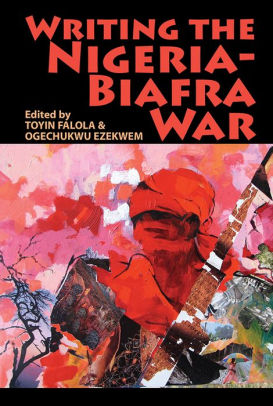
Encyclopedia of the Yoruba
Edited by Toyin Falola and Akintunde Akinyemi
The Yoruba people today number more than 30 million strong, with significant numbers in the United States, Nigeria, Europe, and Brazil. This landmark reference work emphasizes Yoruba history, geography and demography, language and linguistics, literature, philosophy, religion, and art. The 285 entries include biographies of prominent Yoruba figures, artists, and authors; the histories of political institutions; and the impact of technology and media, urban living, and contemporary culture on Yoruba people worldwide. Written by Yoruba experts on all continents, this encyclopedia provides comprehensive background to the global Yoruba and their distinctive and vibrant history and culture.
Igbo in the Atlantic World: African Origins and Diasporic Destinations
Edited by Toyin Falola and Raphael Chijioke Njoku
The Igbo are one of the most populous ethnic groups in Nigeria and are perhaps best known and celebrated in the work of Chinua Achebe. In this landmark collection on Igbo society and arts, Toyin Falola and Raphael Chijioke Njoku have compiled a detailed and innovative examination of the Igbo experience in Africa and in the diaspora. Focusing on institutions and cultural practices, the volume covers the enslavement, middle passage, and American experience of the Igbo as well as their return to Africa and aspects of Igbo language, society, and cultural arts. By employing a variety of disciplinary perspectives, this volume presents a comprehensive view of how the Igbo were integrated into the Atlantic world through the slave trade and slavery, the transformations of Igbo identities and culture, and the strategies for resistance employed by the Igbo in the New World. Moving beyond descriptions of generic African experiences, this collection includes 21 essays by prominent scholars throughout the world.
Nigerian Political Modernity and the Postcolonial Predicaments
Edited by Toyin Falola
In a staggering collection of essays that celebrate African history in a multi-coloured fashion, this reader centers the interpretation of the continent’s past, present and future on the elucidation of the nature of the contradictions of the concepts and processes of nationalism and culture.
Grounded in the ideas of modernity and progress, this book dwells on the difficulties and challenges of transforming Nigeria. It offers an extensive conversation on political modernity, including a foundation laid as far back as the nineteenth century; the implementation of a number of policies and practices in the first half of the twentieth century; and the trajectories of change after the country's independence. Arguing that the burdens of the past cannot be divorced from the challenges of the present, Toyin Falola also links the troubled present to an unpredictable future.
Human Rights, Race, and Resistance in Africa and the African Diaspora
Edited by Toyin Falola and Cacee Hoyer
Africans and their descendants have long been faced with abuse of their human rights, most frequently due to racism or racialized issues. Consequently, understanding shifting conceptualizations of race and identity is essential to understanding how people of color confronted these encounters.
This book addresses these issues and their connections to social justice, discrimination, and equality movements. From colonial abuses or their legacies, black people around the world have historically encountered discrimination, and yet they do not experience injustice opaquely. The chapters in this book explore and clarify how Africans, and their descendants, struggled to achieve agency despite long histories of discrimination. Contributors draw upon a range of case studies related to resistance, and examine these in conjunction with human rights and the concept of race to provide a thorough exploration of the diasporic experience.
